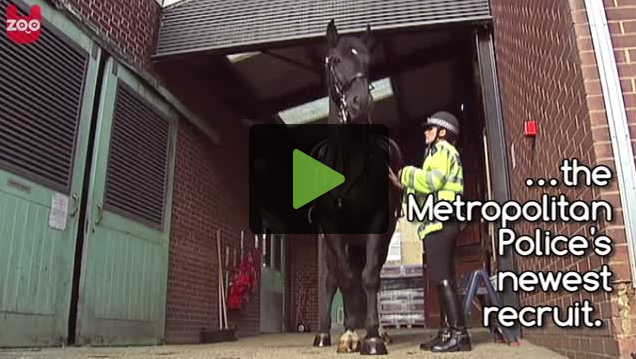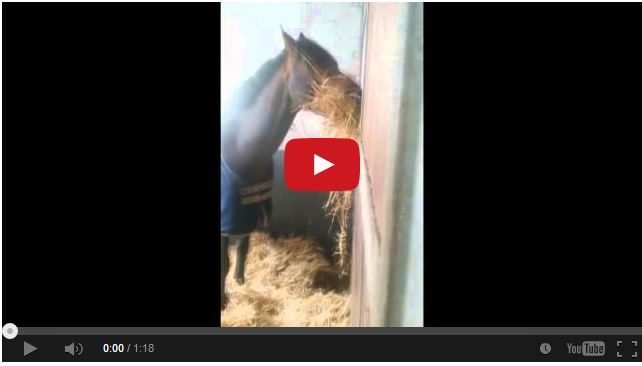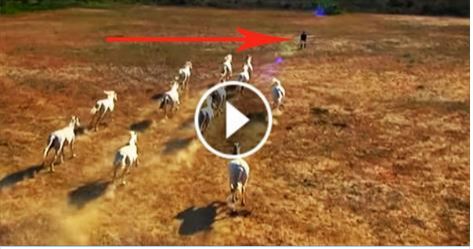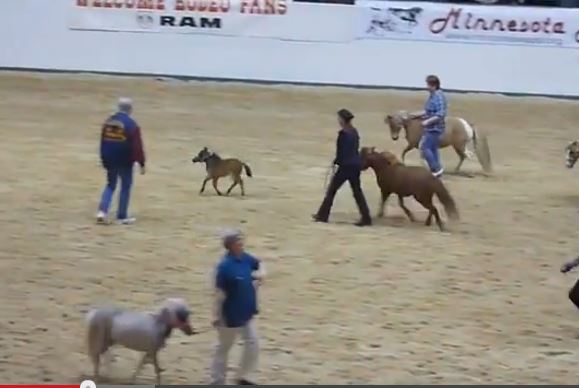Training Advise: Horse Panics When Pressure Is Applied To Mouth

 Today I Received the Following Email:
Today I Received the Following Email:
Hey I have a training advice Question: My trainer got on my new horse today (he got his teeth done yesterday for the first time in 2 years) and the second she went to put any pressure on his mouth he would hollow out and panic and grind his teeth. I think the girl I got him from was very harsh in his mouth and forced him into a frame. She got off and long lined him and then had another trainer long line him with her on his back. He is not spooky or scared of anything but was terrified when she got on…….. He was perfect when he was on the line and my trainer had no reins……..
What I Would Do:
First of all, thank you for sending in this question. I know that a lot of people have experienced this same thing. Without seeing a video or the horse in person, it is hard to tell you what I would do, but I will give you the best answer based on what you’ve described.
The first thing I would do if this were my horse is give his mouth a few days off. If he hasn’t had his teeth done in 2 years, I’m going to assume that there was a lot going on in there. He might be sore and it could have been a response to the pain. I know when I’ve had any major dental work my mouth hurts for a few days and horses do too. I’d give him another 2 days off before putting a bit in his mouth again.
After giving his mouth a break, if the same scenario happens, you may have a horse that has learned to protect his face. Imagine if every day you walked by someone and they punched you in the arm, you might start by moving to the side and getting out of their way. If they followed you and punched you anyways, you might just punch them back one day to protect yourself. As a response to the fear of being punched. Your horse may have been bullied with the bit and had a rider with bad timing, if so he will need someone with impeccable timing to help move him past this habit. It’s definitely something that you can fix, it will just take patience and good timing.
I would start by putting the bridle on with a snaffle bit. I would work him from the ground, teaching him to give to the pressure of the reins. I would bend him left and right over and over while trying to get him to respond to the slightest pressure. I would bring the reins up towards the withers when I bent him and also back towards his hip. It sounds like your horse has a good grasp of lunging so I would move to lunging with long lines (as your trainer did before). That way you control the pressure in his mouth. I would do a lot of reversing and getting him soft while going forward. Before long his neck will start to come down through the turns and he will start giving to the bit, especially if you’ve done a lot of bending on the ground. I’m not saying you have to spend a month doing this, you just need to spend the amount of time that it takes for him to accept that pressure. For some horses it will be 5 minutes and for others it will be 5 weeks.
Once your horse is giving to the bit from the ground I would have your trainer get on him on the lunge line, with the bridle on. I would have her on a nice relaxed rein, but not so long that it’s unsafe. Then I would have the other trainer lunge him again. This time your trainer can control the amount of pressure applied to the bit instead of the person on the ground controlling that. Eventually your horse should soften to the bit and move forward willingly.
The next step would be to remove the lunge line and have your trainer ride him. By this time he should be over his issue, if it still comes up every time he throws his head in the air she should just turn him and move forward in the other direction. That way he has to give and keep moving/working. Remember to praise his efforts and stay soft. Just because he’s tense, doesn’t mean you have to be. It sounds like he’s either just sore in the mouth, he’s testing you or he’s afraid. If he’s testing you, make sure you keep him moving forward, the more you keep his feet moving and keep him listening to you, the faster he’ll forget about trying to be dominant. I wish you much success with your new horse!
Always remember to consult a professional trainer in your area before trying any of these techniques.





